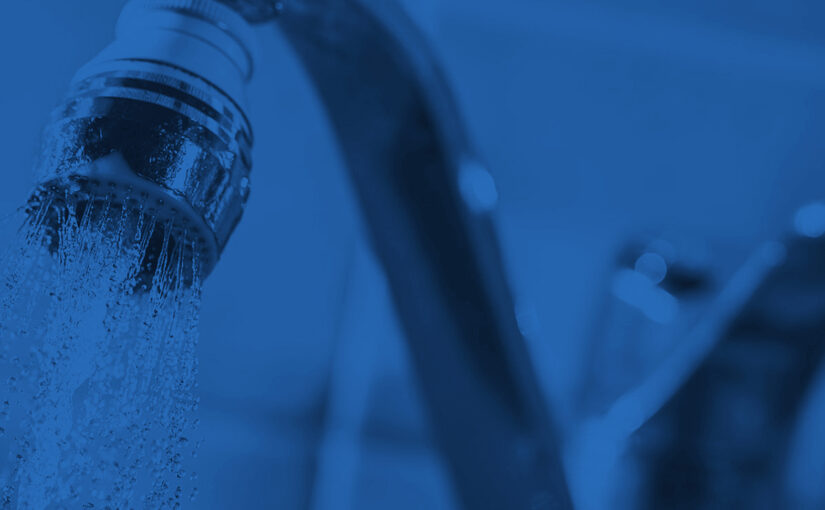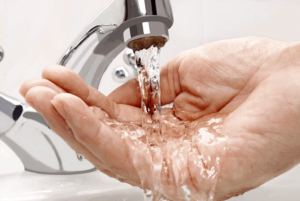
Are you Using Hard Water? 5 Simple Steps to Find Out!
Several epidemiological studies have demonstrated the relationship between risk for cardiovascular disease, reproductive failure and other health problems and hard water. In fact, about 80-85% of the country’s water supply is hard water.
Tap water comes with contaminants like magnesium and calcium. Canadian tap water also contains harmful impurities like mercury, lead, and arsenic. Besides the negative effects hard water has on scent, taste, and health, minerals in hard water can clog up your pipes and increase your bill. If your water builds up magnesium and calcium, it creates hard water. If you suspect your house has hard water, there is a simple way to find out. So, read the following passage for more information.

Explore the Easy Steps to Find Out Whether You Are Using Hard Water
Stiff and dull laundry, deposits left on faucets, and dry and itchy skin are good signs you have hard water. But this blog post shares an easy test to determine if you are using hard water. So, keep scrolling till the end.
To perform the test, you will need a clear plastic water bottle with a cap and unscented soap. And follow these steps:
Step #1: Grab a see-through container like a plastic water bottle. Fill the bottle two-thirds full of water from your tap.
Step #2: Add ten drops of liquid soap without perfumes or dyes into the water container. Do not use soap labelled as a detergent because detergents have additives that will affect the test.
Step #3: Put a cap on the water bottle and shake it well for 10 seconds to mix the soap and water. If you notice plenty of suds or foams on top and the water is clear underneath, your water is soft. If the water is cloudy and there aren’t many lathers or bubbles on top, it means you have hard water.
Step #4: Well, it is a good idea to double-check. You can add more soap to the water to see how much it takes to get suds. It will help you determine how hard your water is. This way, you can also see how much extra soap you add for washing dishes and laundry.
Step #5: By doing this test, you cannot precisely measure the hardness of your water. It will only provide clear signs that you should hire a professional water softener supplier for a more comprehensive test.
Their team can measure the hardness of the water! And you can understand whether your water is based on the grains per gallon (GPG) or parts per million (mg/L).
So, what’s the best way to remove contaminants and minerals in water? You can use whole-house water filtration with a water softener to get rid of the hard water problem.
A water softening system can remove those minerals from hard water. This system has polystyrene beads with sodium chloride ions.
When the contaminant like magnesium or calcium passes over those beads, the mineral ions exchange with the sodium chloride ions. So, a water softener system is a cost-effective solution that protects your water quality.
In a Nutshell!
If you want to improve the taste, scent and integrity of water, investing in whole-house water filtration is what you should do. This way, you and your family members can lead a better and healthy life. So, if you want to see the latest updates, follow us on Facebook!
